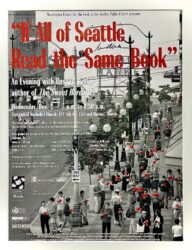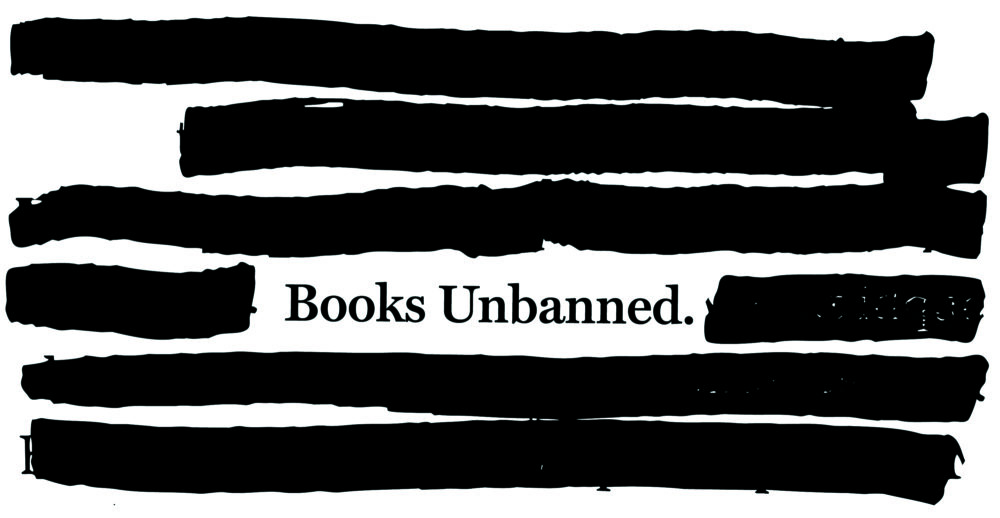
The Seattle Public Library is taking a stand against censorship with a new program to promote the freedom to read for young people – thanks in large part to strong support from our community.
SPL has announced a partnership with Brooklyn Public Library’s Books Unbanned initiative to offer teens and young adults across the nation free access to the books in its digital collection. The Foundation will fund the Books Unbanned e-card through our Equity & Access Fund.
“Equitable access to knowledge – for everyone – is an essential value of our library and our democracy,” said Foundation CEO Jonna Ward. “By funding the Books Unbanned card, we can help young people impacted by book bans or limits to access. The unprecedented threats to the right to read require an urgent response.”
“Support from our community has helped build our world-class library system in Seattle,” said Foundation Board President Justo G. González. “We’re proud to offer another way for supporters to expand access to the resources of our library and remove barriers to knowledge.”
With support from Foundation donors, Seattle is in a position to help young people impacted by book bans immediately and promote intellectual freedom, a core value of our library, nationwide. Private funding for the program ensures public resources remain protected for local patrons. Click here to contribute to the Equity & Access Fund.
Read more at www.spl.org/BooksUnbanned or see the full statement from The Seattle Public Library below:
The Seattle Public Library is joining Brooklyn Public Library’s Books Unbanned initiative to fight censorship and book banning by offering teens and young adults across the nation free access to the books in its digital collection.
Youth ages 13 to 26 who live in the United States can now sign up for a free card from The Seattle Public Library that allows them full access to the Library’s collection of e-books and e-audiobooks. The simple application takes only minutes to complete and is available at www.spl.org/BooksUnbanned.
“In the face of a growing national movement to censor what children and young adults read, we are proud to stand with Brooklyn Public Library in protecting intellectual freedom and the right to read,” said The Seattle Public Library’s Chief Librarian Tom Fay. “This movement and trend must be countered by doing what public libraries are supposed to do – providing free and unrestricted access to information, ideas and diverse viewpoints.”
“For the last year, Brooklyn Public Library has provided access to books from all points of view to thousands of young people across the county. With an alarming number of book bans, we are pleased to welcome The Seattle Public Library to the Books Unbanned program so that together, with all of our might, we can fight for the enduring democratic principle of unfettered equal access to books and ideas from all perspectives,” said Linda E. Johnson, President and CEO, Brooklyn Public Library.
Books Unbanned helps counter the series of increasingly coordinated and effective efforts to remove books from public and school libraries across the nation. In March 2023, The American Library Association’s Office of Intellectual Freedom reported that 2022 saw a record number of demands to censor library books and resources. More than 2,500 unique titles were targeted for censorship, a 38% increase since in 2021.
Of the reported book challenges, “58% targeted books and materials in school libraries, classroom libraries or school curricula; 41% of book challenges targeted materials in public libraries,” the American Library Association’s press release said, and “the vast majority were written by or about members of the LGBTQIA+ community and people of color.”
The Seattle Public Library’s announcement coincides with the American Library Association’s National Library Week, April 23 to April 29, during which the American Library Association has highlighted the 13 most challenged books in the U.S., among other initiatives.
“We hope that teens and young adults go to www.spl.org/BooksUnbanned to sign up for a card and use it to explore and check out books about any topic they wish,” said Andrew Harbison, The Seattle Public Library’s Director of Library Programs and Services. “Every individual has the right to decide what materials they choose to read and to explore new viewpoints. And parents and caregivers have the right to guide their children to materials that best serve the needs of their families.”
Harbison also emphasized that the Books Unbanned card is for teens and young adults who live outside the Seattle area and are not eligible for a full-access card at The Seattle Public Library. Seattle residents can – and should – apply for a full-access Library card: Information and applications in multiple languages are available at https://www.spl.org/card.
HOW TO SIGN UP FOR BOOKS UNBANNED
The Seattle Public Library’s Books Unbanned card will be good for one year and is designed to complement resources that exist for teens in their local communities. Youth who sign up can check out a maximum of 10 titles at a time and place a maximum of five holds.
The Books Unbanned card provides access to all titles in the Library’s OverDrive collection of more than 900,000 e-books and e-audiobooks. The Library has also created several lists highlighting books for young adults that have been frequently challenged, available on its Books Unbanned page, along with links to other materials for teens and young adults.
Cardholders can place holds and check out e-books and e-audiobooks on the Library’s online catalogue or through the very popular Libby app.


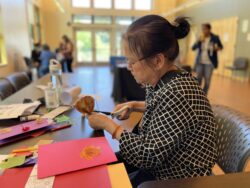
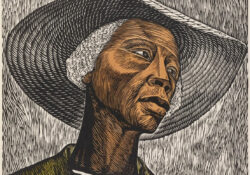
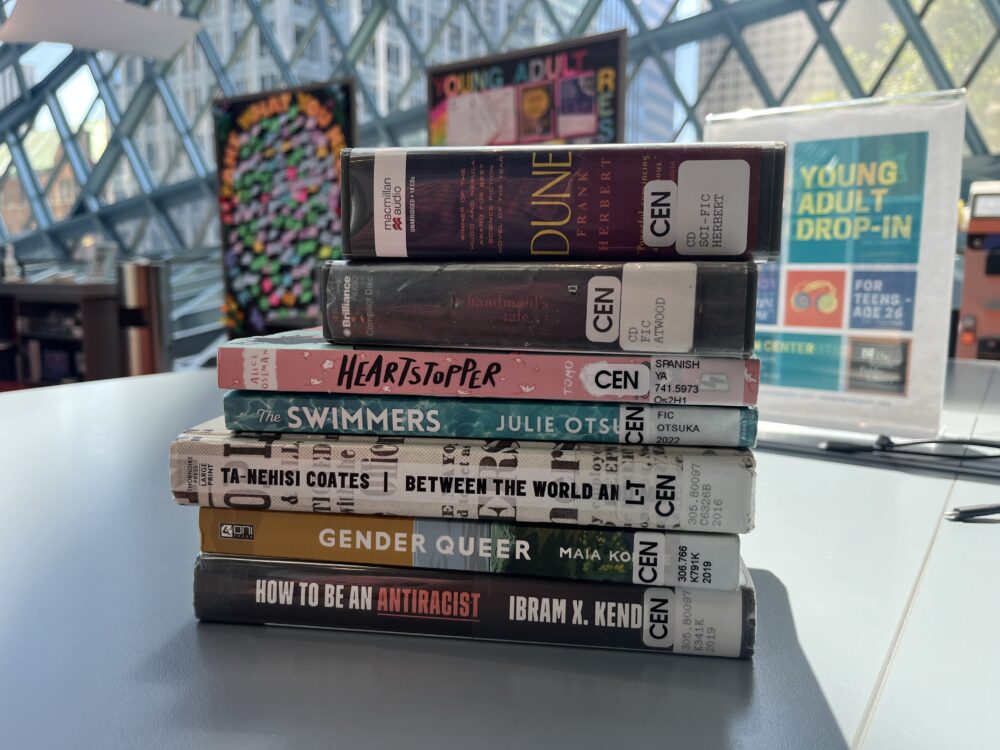
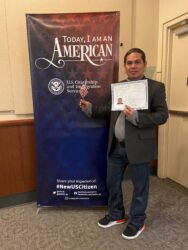 Our
Our 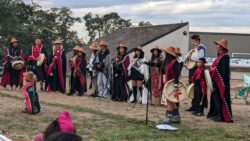 Our
Our  Sonia Kamineni
Sonia Kamineni Cecelia Pyfer
Cecelia Pyfer Anne Welman
Anne Welman